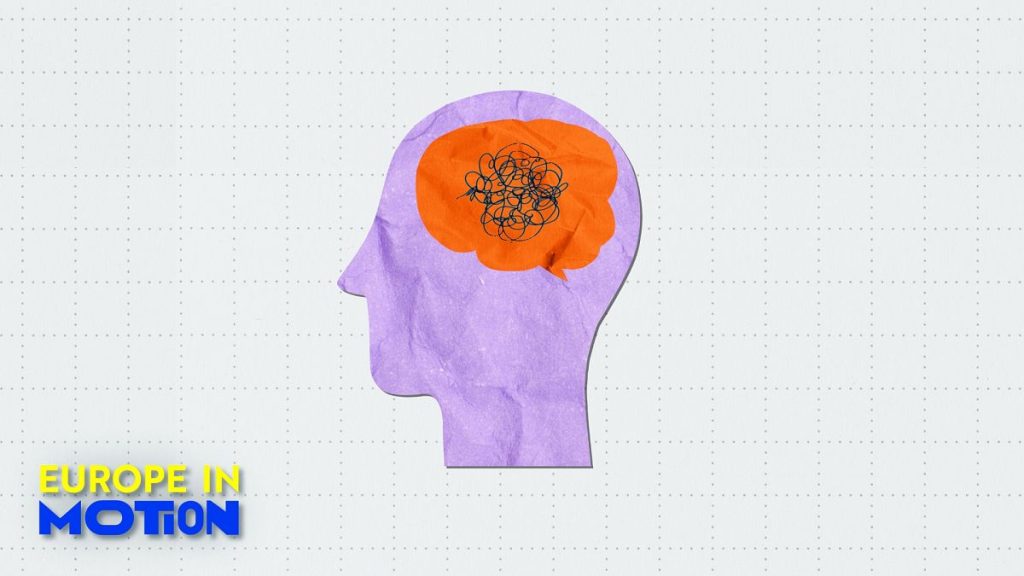Cognitive impairment, encompassing difficulties with concentration and memory, poses a significant public health concern across the European Union. Eurostat research reveals that nearly 15% of the EU population experiences moderate to severe forms of these cognitive challenges, a figure that underscores the pervasive nature of this issue and its potential impact on individuals’ daily lives and overall well-being. The prevalence of these symptoms is not uniform across the EU, with notable variations observed between countries and demographic groups. Understanding these disparities is crucial for developing targeted interventions and support systems to address the underlying causes and mitigate the consequences of cognitive impairment.
A striking geographical pattern emerges when examining the prevalence of concentration and memory issues across Europe. Nordic countries, including Norway, Finland, and Denmark, report the highest overall rates, exceeding 25% in some cases. While the reasons for this elevated prevalence remain unclear, potential contributing factors may include genetic predispositions, environmental influences, lifestyle choices, or variations in healthcare access and utilization. Further research is needed to disentangle the complex interplay of these factors and elucidate the specific reasons for the higher rates observed in these Nordic nations.
Age emerges as a significant risk factor for cognitive impairment, with the prevalence doubling to nearly 30% among individuals aged 65 and older across the EU. This age-related increase likely reflects the natural decline in cognitive function that occurs with aging, potentially exacerbated by age-related neurological changes and the increased likelihood of chronic health conditions. However, significant variations exist within this older age group, with Croatia reporting the highest rate at over 50%, followed by Romania and Estonia at around 45%. These disparities highlight the importance of considering country-specific factors, such as healthcare systems, socioeconomic conditions, and cultural practices, when addressing the challenges of cognitive aging.
Conversely, Malta, Ireland, and Hungary report the lowest prevalence of concentration and memory issues among the EU member states, with rates ranging from 15% to 20%. These lower figures may reflect protective factors present in these countries, such as healthier lifestyles, stronger social support networks, or access to high-quality healthcare services. Investigating these potential protective factors could provide valuable insights into strategies for promoting cognitive health and reducing the burden of cognitive impairment across the EU.
Socioeconomic status plays a crucial role in the prevalence of cognitive difficulties, with individuals at risk of poverty experiencing significantly higher rates of concentration and memory problems. This association suggests that socioeconomic disparities contribute to the unequal distribution of cognitive impairment across the population. The link between poverty and cognitive impairment may stem from various factors, including limited access to quality education, healthcare, and nutritious food, as well as increased exposure to chronic stress and environmental toxins. Addressing these underlying social determinants of health is essential for mitigating the disproportionate impact of cognitive impairment on vulnerable populations.
Croatia exemplifies the stark reality of this socioeconomic disparity, exhibiting the highest gap between those experiencing financial hardship and the general population regarding concentration and memory issues. The nearly 24 percentage point difference underscores the profound impact of poverty on cognitive health and emphasizes the need for targeted interventions to support individuals facing economic challenges. Similar disparities are observed in other countries, including Estonia, Latvia, and Sweden, highlighting the widespread nature of this issue across the EU. Addressing the social determinants of cognitive impairment and ensuring equitable access to resources and support are crucial steps towards promoting cognitive health and reducing health disparities across the European Union.














